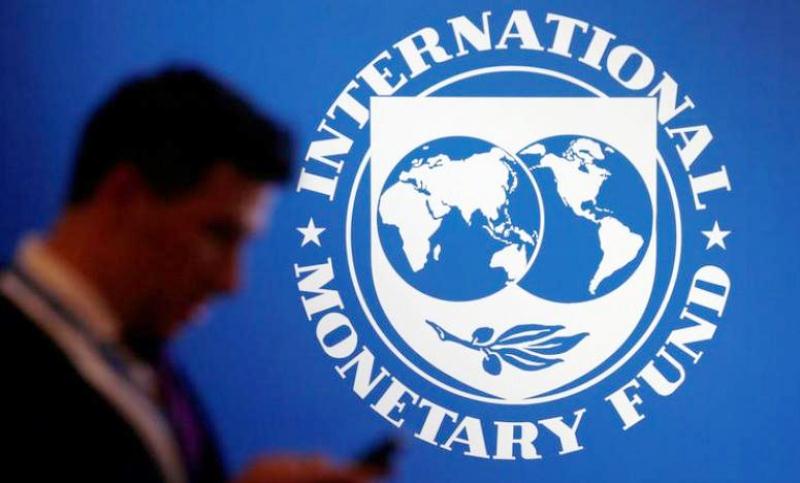
Sri Lanka has submitted a request to the International Monetary Fund (IMF) for emergency financial support under the Rapid Financing Instrument (RFI) which may, if approved by IMF, replace the ongoing Extended Fund Facility (EFF).
Responding to a query by The Sunday Morning Business, the IMF confirmed that this request is currently being reviewed.
“We received a request from Sri Lankan authorities for emergency financial support under the Rapid Financing Instrument. We will work in close co-ordination with the authorities to assess all relevant conditions,” IMF Acting Mission Chief for Sri Lanka Masahiro Nozaki said.
The RFI provides rapid and low-access financial assistance to countries facing an urgent balance of payments need, without the need to have a full-fledged programme in place.
Nozaki added that the RFI, if approved, could potentially replace the $ 1.5 billion EFF, from which Sri Lanka has so far received $ 1.3 billion.
“The authorities have expressed interest in a range of options for future engagement with the Fund, and in this context, we are discussing the option to replace the EFF arrangement with the RFI.”
The seventh and final review of the current EFF programme was scheduled to take place after mid-April, but has since been postponed indefinitely due to the Covid-19 pandemic. The eighth and final tranche of $ 190 million was scheduled to be provided to Sri Lanka following this review.
The IMF did not disclose the value of the RFI being discussed with Sri Lanka or whether the value of the final tranche of the EFF would be added to the RFI.
The RFI is designed for situations where a full-fledged economic programme is either not necessary or feasible. Financial assistance provided under the RFI should be repaid within 3¼-5 years.
On 25 March, President Gotabaya Rajapaksa requested international donor agencies to provide a debt moratorium or debt deferment facility to all developing nations vulnerable to the Covid-19 risk. The President urged the Director General of the World Health Organisation (WHO) to forward this request to multilateral and bilateral lending agencies, pointing out that this relief would be helpful to manage Covid-19 social distancing, public health, and social security systems in those countries.
On Wednesday (15) the IMF announced that it approved relief on debt service for 25 member countries that are eligible for support from the Catastrophe Containment and Relief Trust (CCRT) with a further four countries expected to request such relief in the coming weeks. However, as CCRT only applies to the 29 International Development Association (IDA) eligible countries, Sri-Lanka was not eligible for this debt relief being a middle income country.
Prior to this, the Central Bank of Sri Lanka Governor Prof. W. D. Lakshman had at two forums early January and February said that Sri Lanka would continue engagement with the IMF for a new programme or changes in the current programme within the overall national "policy framework" of the government.
However, a country requesting RFI assistance is required to co-operate with the IMF to make efforts to solve its balance of payments difficulties and to describe the general economic policies that it proposes to follow while prior actions beyond these may also be required where warranted. Therefore, it is as yet unclear how much bargaining power Sri Lanka would have if it was to enter an RFI. It also remains to be seen if this instrument would fit into the government's policy framework, which had leaned towards populist policies highlighted by sweeping tax cuts even before the Covid-19 outbreak in Sri Lanka.
In fact, when an IMF team visited Colombo in early February 2020 to meet with the Government it urged the Government to ensure fiscal consolidation.
"Under current policies, as discussed with the authorities during the visit, the primary deficit could widen further to 1.9 percent of GDP in 2020, due to newly implemented tax cuts and exemptions, clearance of domestic arrears, and backloaded capital spending from 2019. Given risks to debt sustainability and large refinancing needs over the medium term, renewed efforts to advance fiscal consolidation will be essential for macroeconomic stability," the team said in a statement at the conclusion of the visit.

